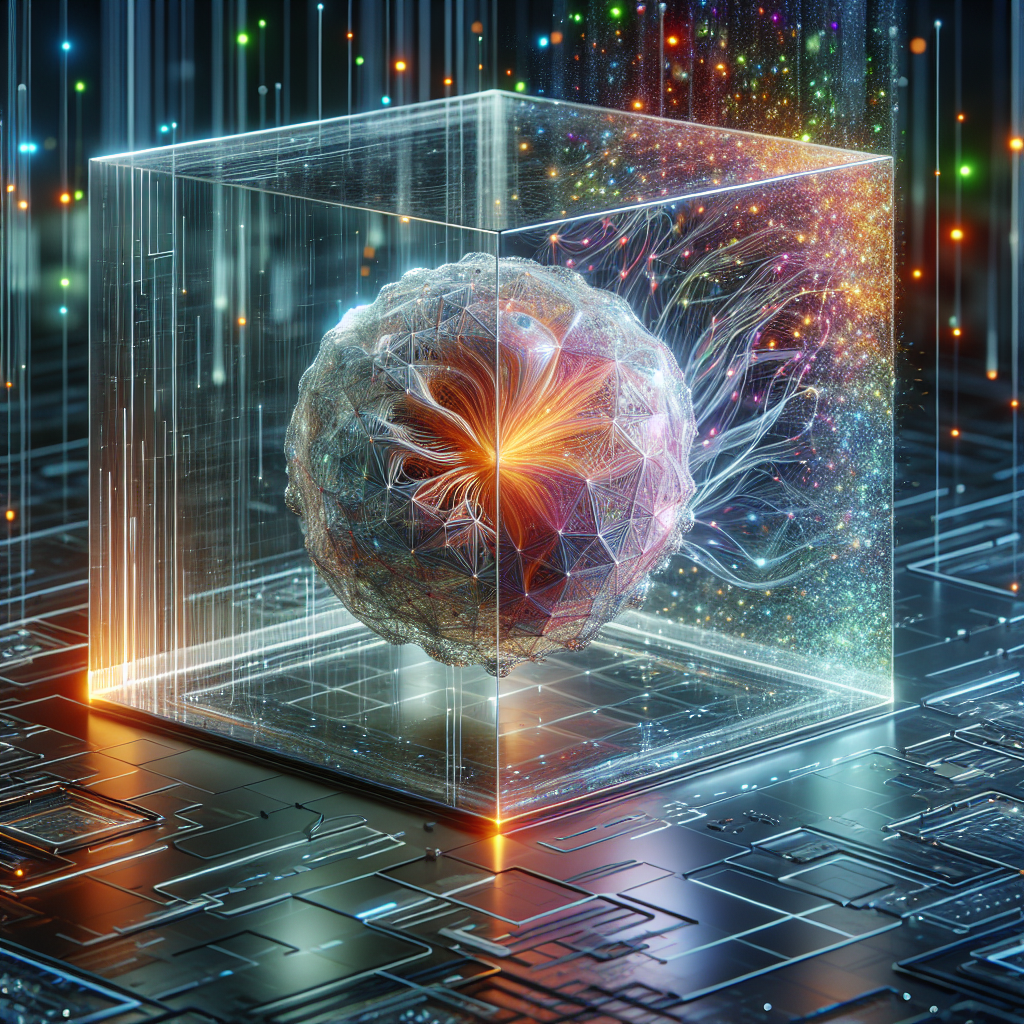Artificial General Intelligence (AGI) is a term that has been gaining traction in recent years as advancements in artificial intelligence (AI) continue to push boundaries. AGI refers to a type of AI that is capable of performing any intellectual task that a human can do. This includes reasoning, problem-solving, understanding natural language, and even creativity. The potential of AGI is immense, and it is reshaping the way we think about innovation and creativity.
In this article, we will explore the power of AGI and how it is reshaping innovation and creativity across various industries. We will also address some frequently asked questions about AGI and its implications for society.
The Power of AGI
AGI represents a significant leap forward in AI technology. While current AI systems are capable of performing specific tasks with high levels of accuracy, they lack the ability to generalize their knowledge and apply it to new situations. AGI, on the other hand, has the potential to learn and adapt in ways that are truly human-like.
One of the key ways in which AGI is reshaping innovation and creativity is through its ability to automate complex tasks that were previously thought to be the sole domain of humans. For example, AGI systems can analyze vast amounts of data and identify patterns and trends that would be impossible for a human to detect. This has the potential to revolutionize industries such as healthcare, finance, and manufacturing, where the ability to process large amounts of data quickly and accurately can lead to significant breakthroughs.
AGI is also enabling new forms of creativity and innovation. By combining the analytical capabilities of AI with the intuition and creativity of humans, AGI systems can generate new ideas and solutions that would be impossible for either humans or AI to come up with on their own. This has the potential to drive breakthroughs in fields such as art, music, and design, where the ability to think outside the box is crucial.
Overall, AGI has the potential to unlock new levels of innovation and creativity that were previously thought to be impossible. By combining the analytical capabilities of AI with the creativity and intuition of humans, AGI systems have the potential to revolutionize industries and drive progress in ways that we can only begin to imagine.
FAQs About AGI
Q: What is the difference between AGI and narrow AI?
A: Narrow AI refers to AI systems that are designed to perform specific tasks, such as image recognition or natural language processing. AGI, on the other hand, is capable of performing any intellectual task that a human can do. While narrow AI excels at specific tasks, AGI has the potential to learn and adapt in ways that are truly human-like.
Q: What are the ethical implications of AGI?
A: The development of AGI raises important ethical questions about the impact of AI on society. Issues such as job displacement, privacy, and bias in AI systems are all important considerations that need to be addressed as AGI continues to advance.
Q: How far away are we from achieving AGI?
A: While significant progress has been made in the field of AI in recent years, achieving AGI remains a challenging task. Some experts believe that we could see the emergence of AGI within the next few decades, while others believe that it may take much longer.
Q: How will AGI impact the job market?
A: The impact of AGI on the job market is a topic of much debate. While AGI has the potential to automate many tasks currently performed by humans, it also has the potential to create new job opportunities in industries that have yet to be imagined. It is important for policymakers and businesses to consider the potential impact of AGI on the job market and to take steps to ensure a smooth transition for workers.
In conclusion, AGI is a powerful technology that has the potential to reshape innovation and creativity in ways that we can only begin to imagine. By combining the analytical capabilities of AI with the creativity and intuition of humans, AGI systems have the potential to drive breakthroughs in a wide range of industries and unlock new levels of innovation and progress. As AGI continues to advance, it is important for policymakers, businesses, and society as a whole to consider the ethical implications and potential impact of AGI on the job market and society. By harnessing the power of AGI responsibly, we can ensure that this powerful technology benefits humanity as a whole.

